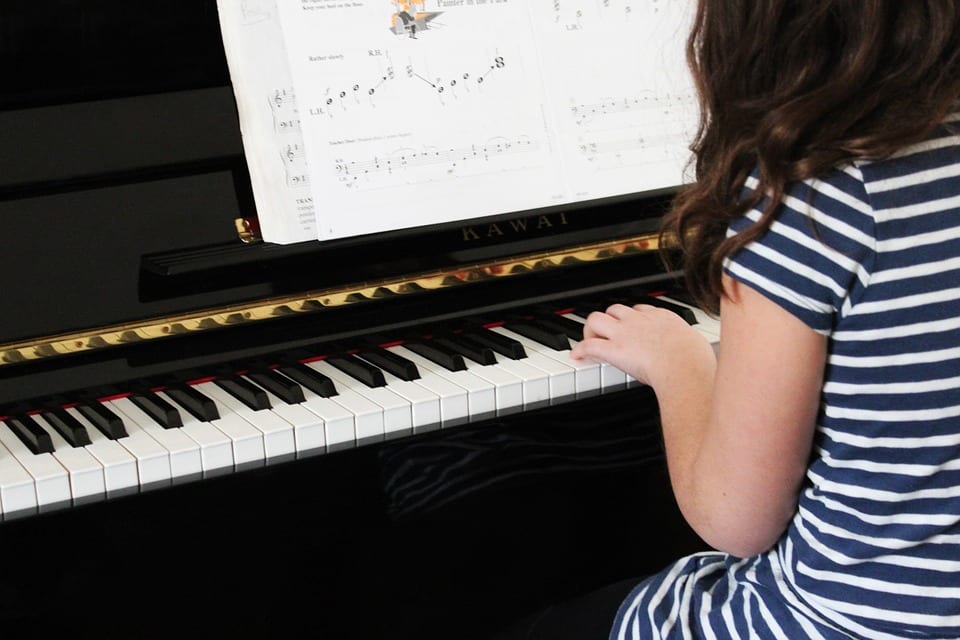 Music has tremendous power in our lives and wellbeing. It is hard to quantify the role it can have in inspiring us, helping us through various emotional states, and the cultural and humanistic connections it allows us to have. Despite the difficulty in analyzing its effect, we all know it is there when we hear that song that resonates with us and feels the emotions that we feel. There is no doubt about the power of music.
Music has tremendous power in our lives and wellbeing. It is hard to quantify the role it can have in inspiring us, helping us through various emotional states, and the cultural and humanistic connections it allows us to have. Despite the difficulty in analyzing its effect, we all know it is there when we hear that song that resonates with us and feels the emotions that we feel. There is no doubt about the power of music.
The great thing about music is that it is not only for anyone to enjoy but also for anyone to produce or play. Whether it is the piano, the guitar, or some other instrument, there is likely an instrument out there that you will enjoy learning and playing. Being able to play an instrument gives you yet another connection to this deep cultural institution and it allows you to not only make a deeper connection with music out there but can help in developing technical skills as well. Furthermore, you may find it to be a good method of relaxation or enjoyment, which many of us can use more of in our lives.
The power of music in the literature goes back to ancient times when in Greece, music had the power to heal via the concept of Harmonia. This central importance of music to that culture played an important role in its success and arguably the central role of music in today’s culture does the same for us. Government around the world have considered this reality in supporting music programs for children. A comprehensive program in the United Kingdom is one of the more prominent examples.
Amongst the benefits of learning to play an instrument like the piano or developing a better understanding of music are improvements in reading comprehension, improved spatial reasoning, and better concentration. In fact, playing music is correlated with a much larger set of positive mental abilities and skills and is especially profound in children who are still developing.
In terms of social development, music has the ability to increase confidence, self-esteem, relatability, and much more. Playing in a band or orchestra teaches discipline, teamwork, social skills, and reinforces mutual support mechanisms. Even when it comes to the mind and body, music can have a positive impact. It has been shown to increase hand-eye coordination, improve breathing, and even reduce depression and burnout.
The effects of music are far-reaching and likely encompass an even larger scale than is noted here. It can be a great development tool for children and adults alike and one which allows for a better harmony with society and culture in general. There are really very few reasons not to give playing an instrument a chance unless you truly do not enjoy it on any level, although that is likely a rarity. Music is grace and rhythm and in today’s hectic and go, go, go the world, many of us can use more of that. If you have never tried playing an instrument it is never too late to pick one up and give it a shot- it may just change your life.
Image Credit: allegralchaple0